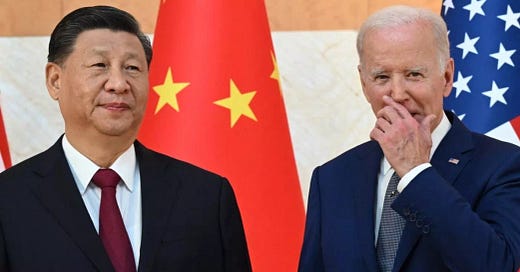Cold War Mindset and Centrality
UPDATED: After three weeks in virtual limbo, your intrepid editor has returned to his desk only to discover that Long Mekong subscriber numbers have been growing at an astonishing rate. Time to get back into gear with increased original content and only the best in news wrap coverage. Let’s start the ball rolling with Cold War Mindset and Centrality.
A r…




